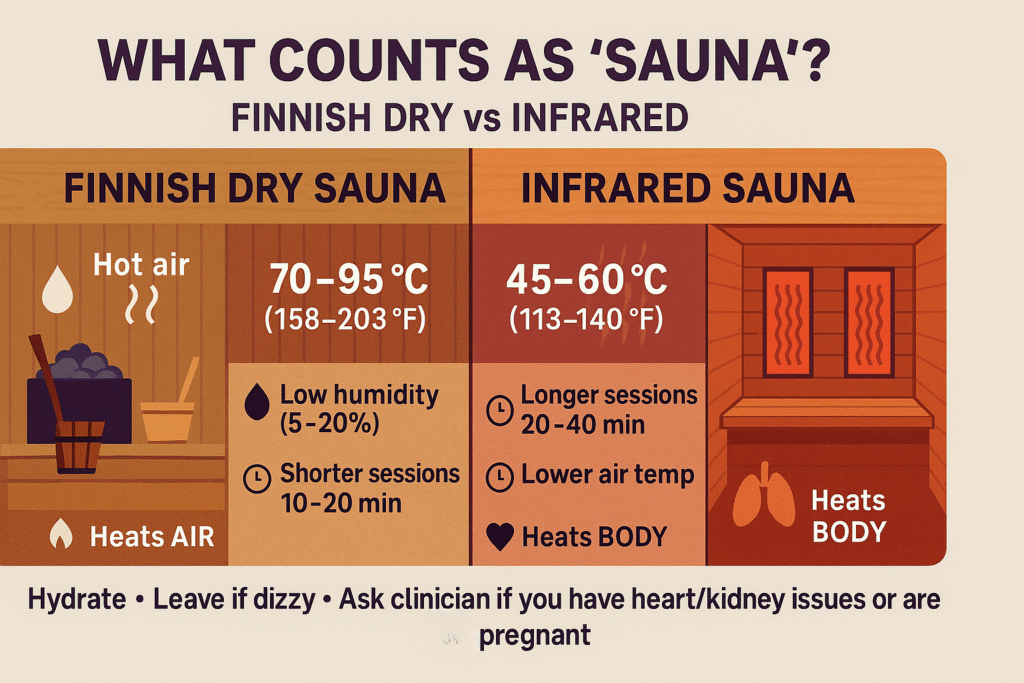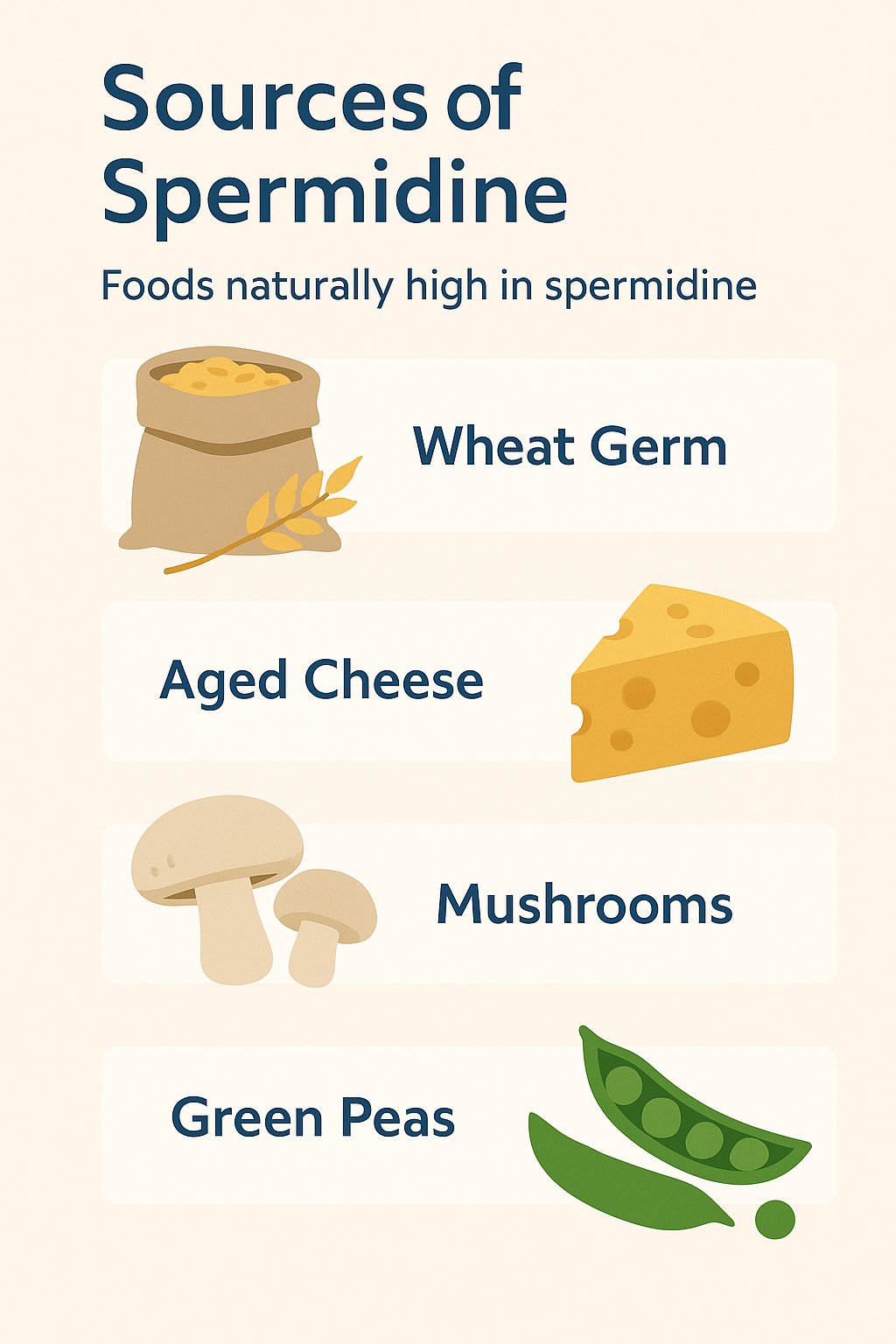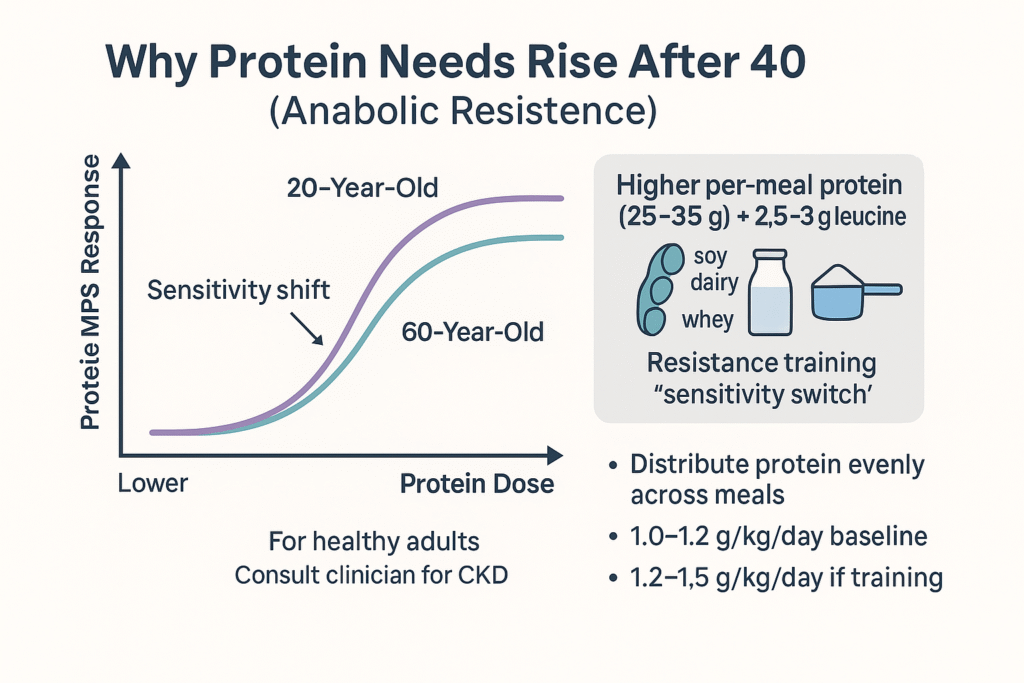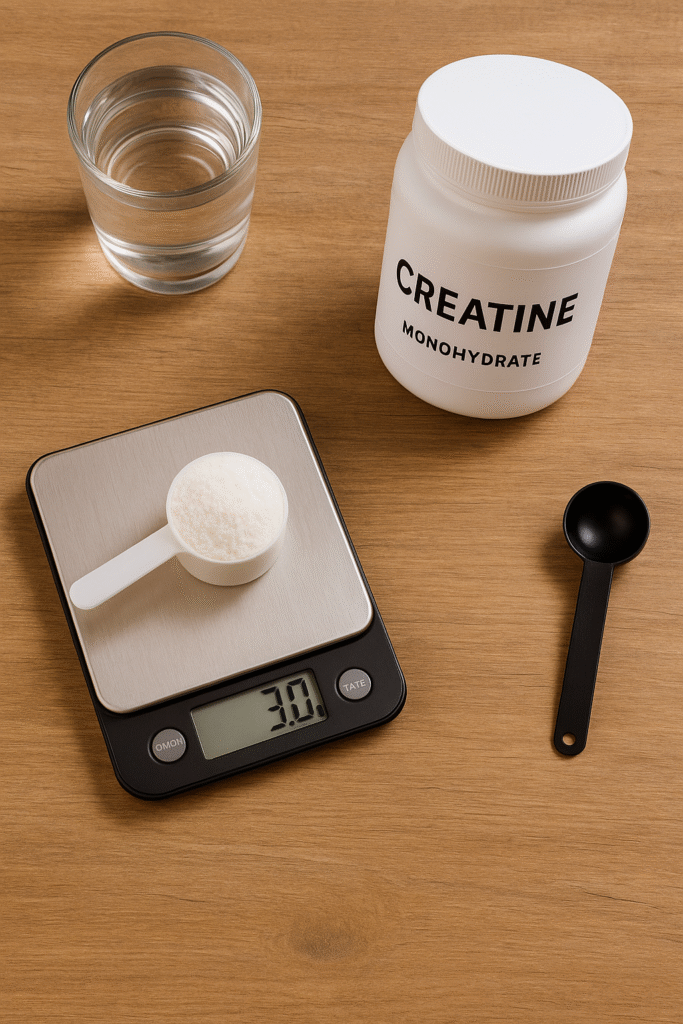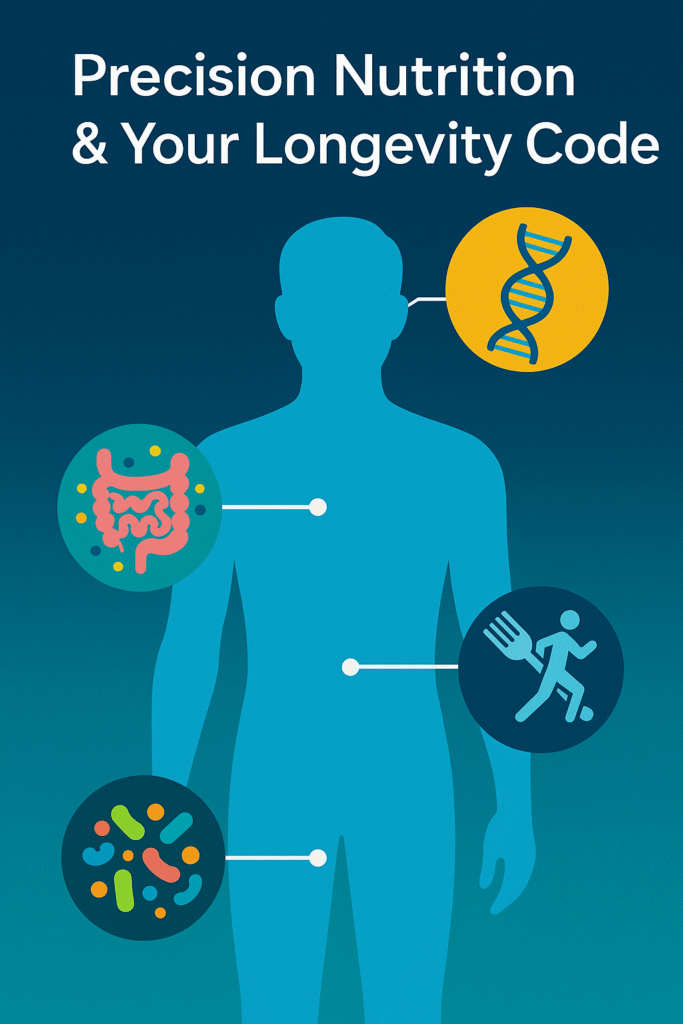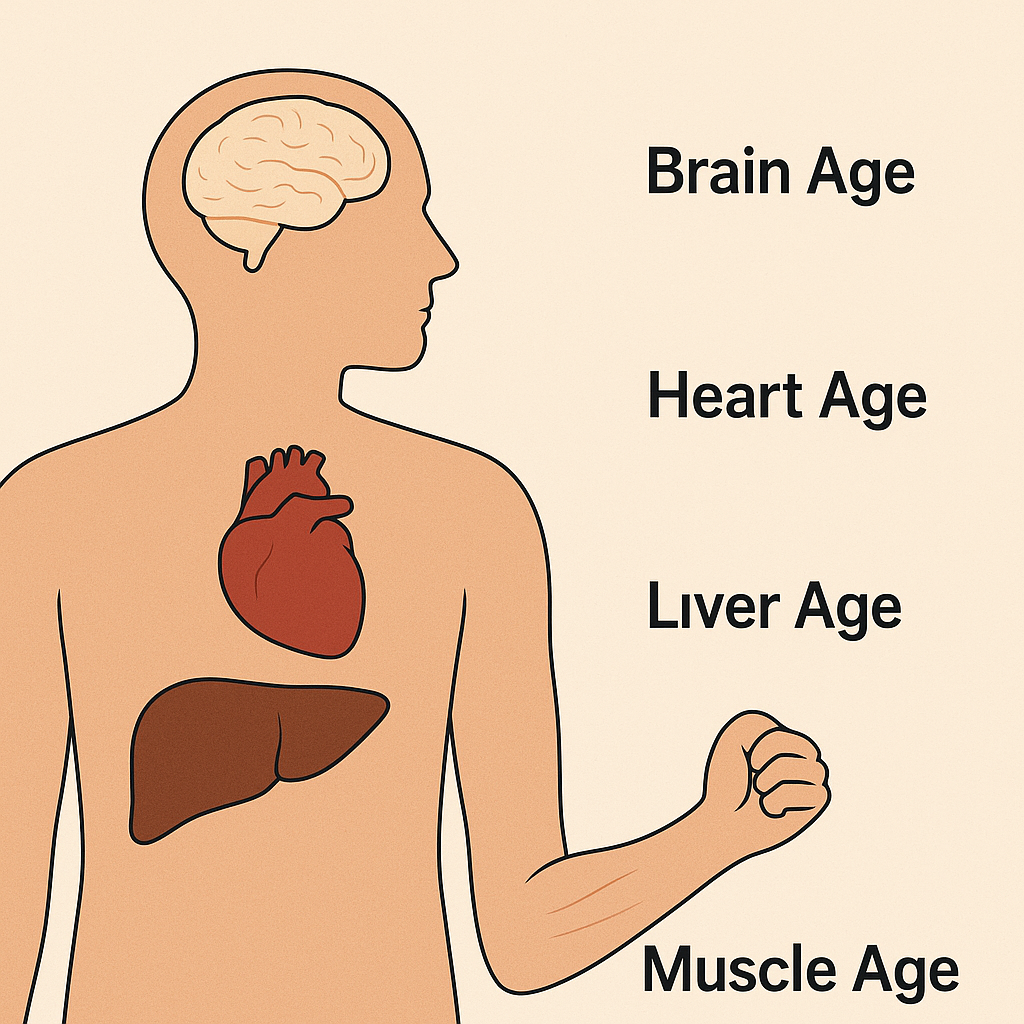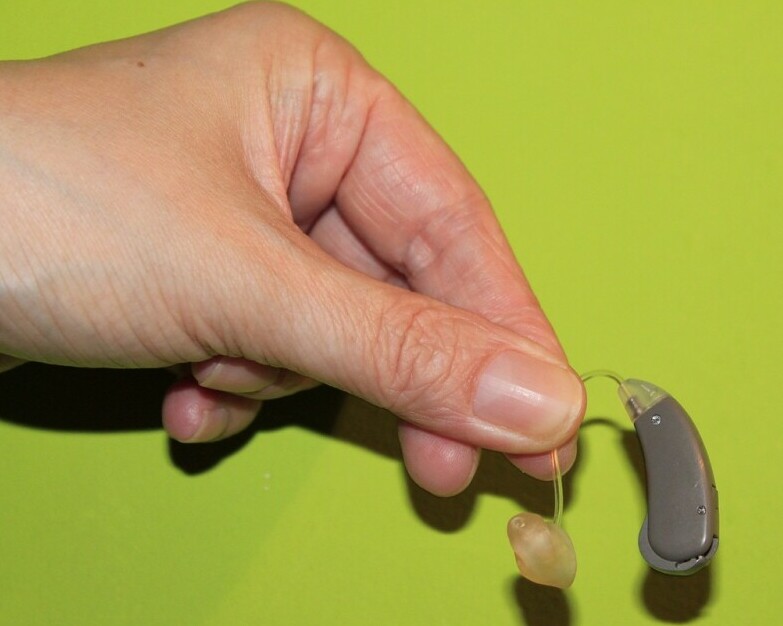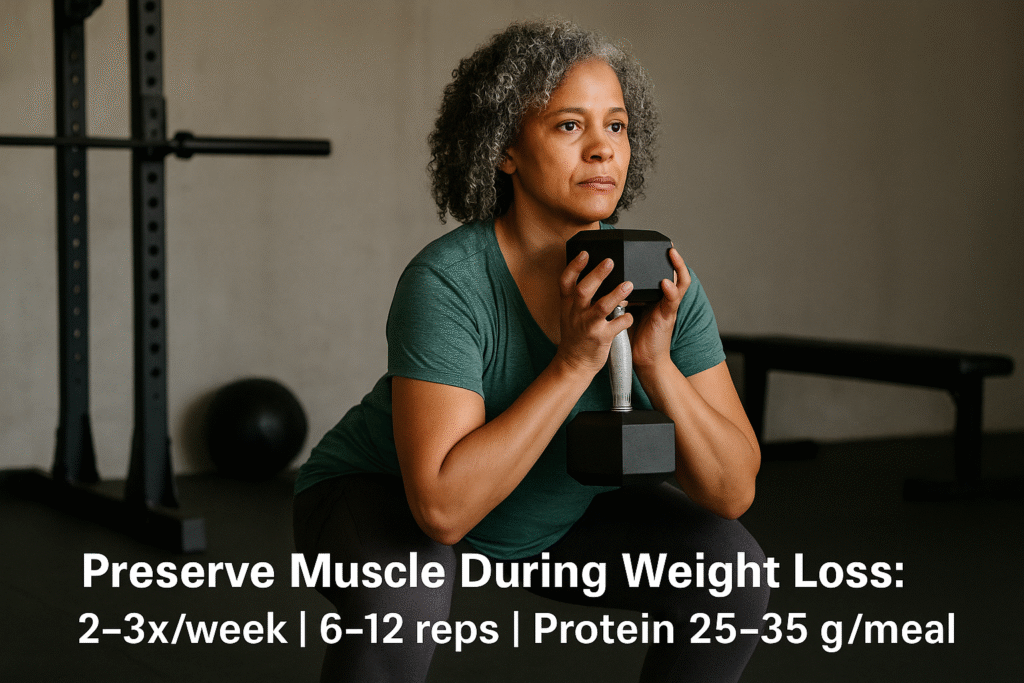Probiotics are microorganisms introduced into the body for their beneficial qualities. Specifically, they are live bacteria and yeasts that are good for you, especially your digestive system. We usually think of bacteria as something that causes diseases, but your body is full of bacteria, both good and bad. Probiotics are often called ‘good’ or ‘helpful’ bacteria because they help keep your gut healthy.
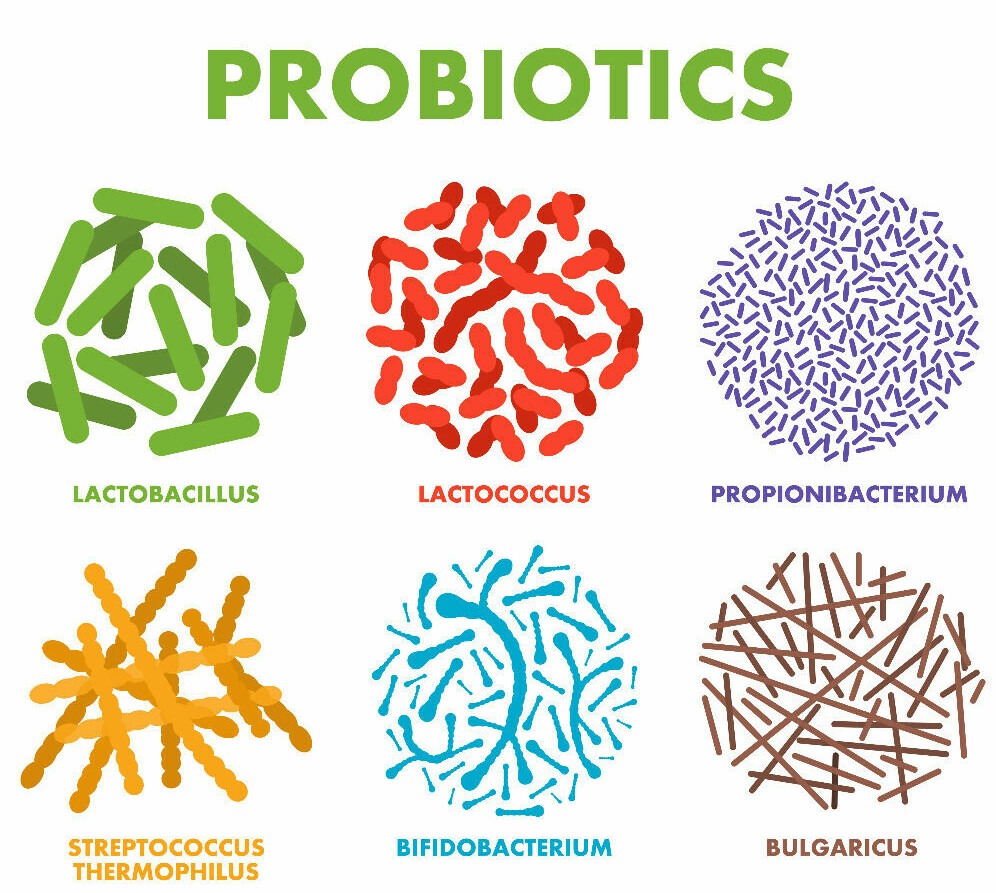
Gut health isn’t just about digestion; it’s intricately linked to your overall well-being. A balanced gut microbiome can influence everything from your immune system to your mood. As men age, changes in the gut microbiome can lead to digestive issues, a weakened immune system, and even affect mental health.
Aging inevitably brings change, including within the gut microbiome. In men, this can mean an increased risk of gastrointestinal disorders, a decline in cognitive function, and other health issues. Probiotics offer a promising avenue for maintaining a balanced gut and supporting healthy aging. Integrating these beneficial bacteria into your daily routine might be an effective strategy to combat the negative aspects of aging on gut health.
The role of probiotics goes beyond simply adding more bacteria to the gut; they’re involved in a complex interaction with the existing microbiome and the host’s body. They can bolster gastrointestinal integrity, compete with harmful bacteria, and contribute to a healthier immune response.
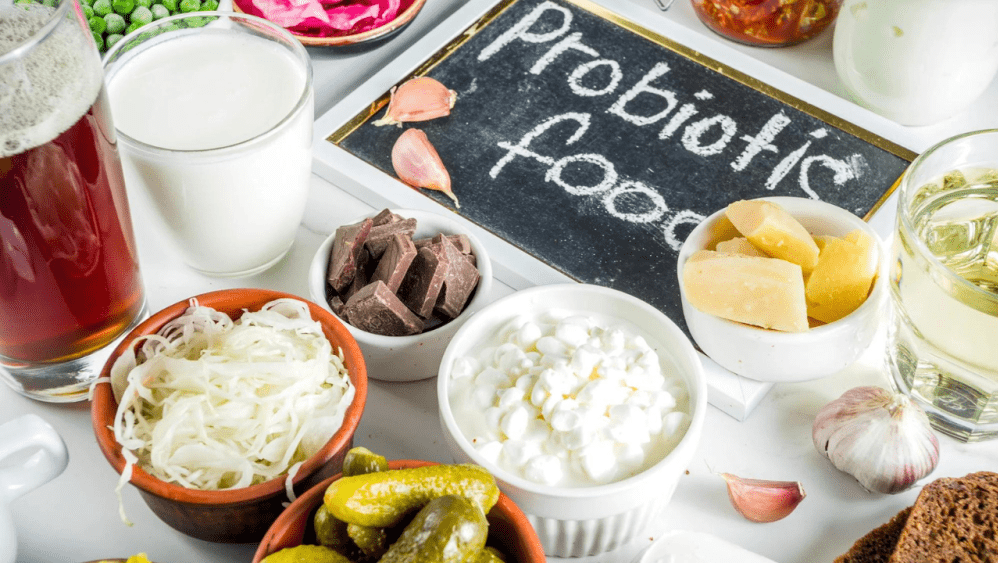
As digestion can become more troublesome with age, and the immune system may not be as robust as it once was, probiotics provide aging men with a real opportunity for intervention. By nurturing the gut microbiome with the right probiotic support, it’s possible to manage and even mitigate some of the health concerns that come with getting older. This is where the benefits of probiotics come into play, setting the stage for a deeper look at their influential role in the next section.
The Benefits of Probiotics for Aging Men
As men age, their bodies face new challenges that can affect overall health and day-to-day functioning. One integral aspect is gut health, which can have broader implications extending far beyond the stomach. Probiotics, often referred to as ‘good bacteria’, play a pivotal role in maintaining a balanced gut microbiome, and this is especially crucial for aging men. Let’s examine the real-world benefits probiotics may offer.

Digestive efficiency tends to decline with age, leading to common issues such as constipation, bloating, and indigestion. Probiotics help by aiding digestion, promoting bowel regularity, and assisting in the absorption of essential nutrients. This can significantly improve quality of life for aging men who might otherwise struggle with daily discomfort.
The immune system naturally weakens with age, making older adults more susceptible to infections. Probiotics are known for supporting immune function by enhancing the intestinal barrier and communicating with immune cells. This is vital, as a robust immune response is pivotal in safeguarding health as one grows older.
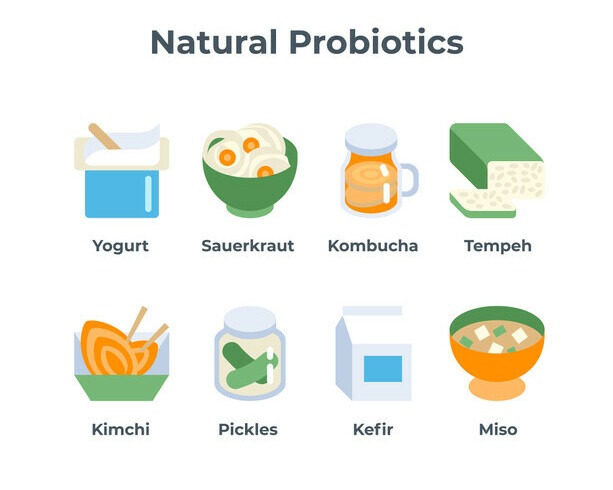
Inflammation is another concern as it’s associated with many age-related diseases. Probiotics may reduce inflammation by modulating the gut flora and immune response, potentially staving off conditions linked with chronic inflammation.
Interestingly, recent studies suggest a possible link between gut health and mental acuity. The ‘gut-brain axis’ connects our gastrointestinal system to cognitive functions. Probiotics hold promise in improving mood and cognitive processes, further highlighting their importance for the aging male demographic.
Lastly, weight management becomes increasingly challenging as metabolism changes with age. Probiotics might aid in weight control by influencing appetite-regulating hormones and fat storage. This helps older men manage their weight, a factor which is crucial for long-term mobility and disease prevention.
Choosing the Right Probiotics and Incorporating Them Into Daily Life
When it comes to selecting the right probiotics, the vast array of options can be overwhelming. It’s essential to look for high-quality probiotic supplements that have been tested for purity and potency. For aging men, strains such as Lactobacillus and Bifidobacterium are especially beneficial. It’s also crucial to consider the CFU, or colony-forming units, indicating the amount of live and active microorganisms in the supplement.
Diet plays a significant role in promoting gut health. I can’t emphasize enough the benefits of introducing a variety of fermented foods into your diet. Foods like yogurt, kefir, sauerkraut, and kimchi are naturally rich in probiotics and support the growth of beneficial gut bacteria. By diversifying your diet, you provide your gut with a range of probiotics that can help maintain balance.
Beyond diet, there are lifestyle factors that can impact the efficacy of probiotics. Regular exercise, adequate hydration, and managing stress all contribute to a healthier gut environment. It’s the synergy of these habits that bolsters gut health and maximizes the benefits of probiotics.
Finally, always remember that a one-size-fits-all approach doesn’t apply to probiotics. I recommend consulting with a healthcare professional before adding a probiotic supplement to your regimen. Together, you can determine the best strains and dosages for your individual needs and develop a comprehensive plan that addresses all aspects of your well-being
Disclaimer: All the content on this site is for informational purposes only, does not constitute medical advice, and does not establish any kind of patient-client relationship by your use of this website. I am not a health care professional. The information, including but not limited to text, graphics, images and other material contained on this website are for informational purposes only. No material on this site is intended to be a substitute for professional medical advice, diagnosis, or treatment. Before starting any new regimen, supplement, diet, or program, it is crucial to consult with a healthcare professional to ensure it is safe and suitable for your individual health needs and circumstances. Here’s a little transparency: This website also contains affiliate links. This means if you click and make a purchase, we may receive a small commission. Don’t worry, there’s no extra cost to you. It’s a simple way you can support our mission to bring you quality content.


